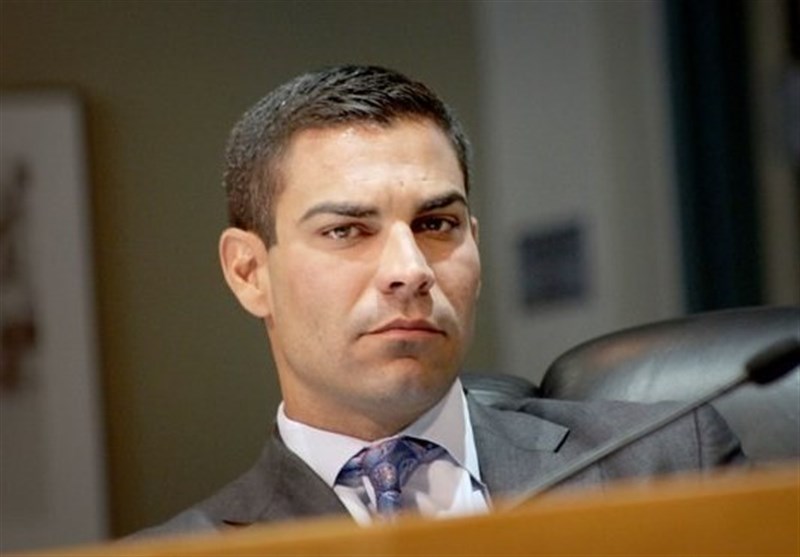Miami Mayor Francis Suarez has called for US military intervention following a weekend of protests in Cuba, arguing that previous US attacks elsewhere – from Panama to Kosovo – have gone swimmingly.
“What should be contemplated right now is a coalition of potential military action in Cuba,” Suarez told Fox News on Tuesday.
His father was born in Cuba and previously occupied the office he now inhabits.
Suarez cited US interventions in Panama and Kosovo as possible blueprints for military action against Cuba.
When the Miami Mayor was asked if he was calling for airstrikes, he said: “What I’m suggesting is that option is one that has to be explored, and one that cannot be just simply discarded.”
The US has a history of failed attempted interventions in Cuba, including the 1961 Bay of Pigs invasion and assassinations attempts supported by the CIA against former Cuban leader Fidel Castro.
Suarez argued Panama had enjoyed decades of peaceful democracy since the removal of Noriega. Internationally, though, Panama has a questionable reputation as a tax haven for the wealthy, laid bare by the Panama Papers expose of 2018.
But it wasn’t just Panama, Suarez explained in a separate Fox interview on Tuesday – both political parties could get behind airstrikes. Just as the Republican Bush administration took out Noriega, “you had interventions by a Democratic president taking out Osama bin Laden in Pakistan (…) and President Clinton in Kosovo intervening in a humanitarian issue with airstrikes. So there have been many, many opportunities in the history of…”
The mayor was then cut off by an incredulous Maria McCallum, who asked if he was indeed “suggesting airstrikes in Cuba.” Suarez did not avail himself of the chance to back down, telling the Fox host that military intervention should be on the table.
While Venezuela, Bolivia, and Nicaragua are socialist, the number of people living under leftist governments in Latin America has declined precipitously over the last 50 years – in large part due to violent far-right uprisings masterminded by Washington, which saw huge numbers of political activists, leftist politicians, and union leaders killed, tortured, and disappeared.
While Suarez seems intent on bringing such an experience to his ancestral homeland – which largely escaped the anti-socialist violence of the 1970s after CIA efforts to overthrow communist leader Fidel Castro nearly triggered a nuclear war – Cuba got off relatively easy compared to countries like Argentina and El Salvador. The island managed to escape the Cold War with “just” the embargo, which would immerse its citizens in poverty for the better part of a century, while CIA plots against Castro ultimately failed.
Though the protests initially appeared to be targeting the government over a food and medicine shortage, US media and sympathetic Miami Cubans spun the narrative to make the discontent about communism itself. The Cuban government hit back, accusing Washington of fomenting the unrest with its blockade and accused US-paid mercenaries of instigating the protests at home.



